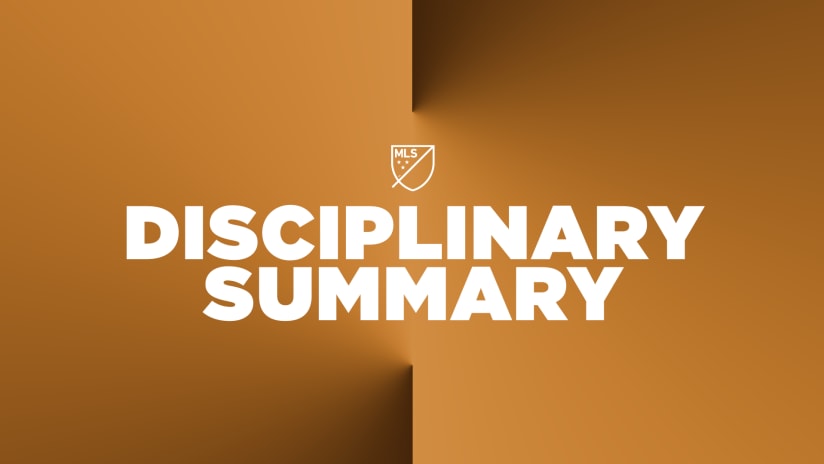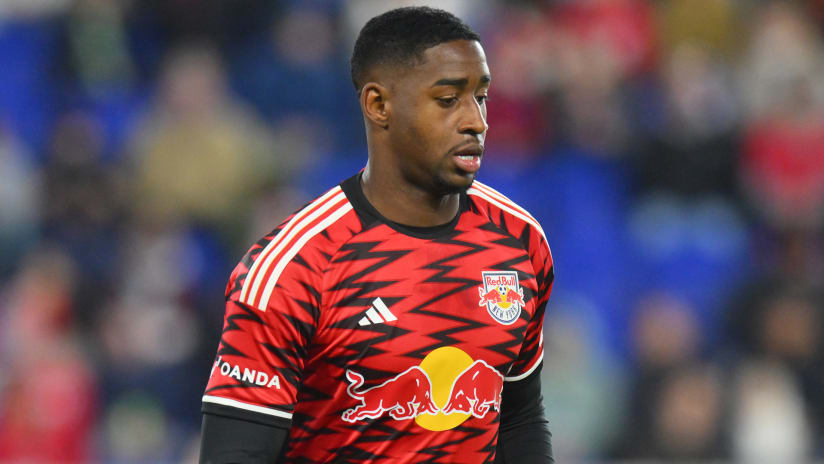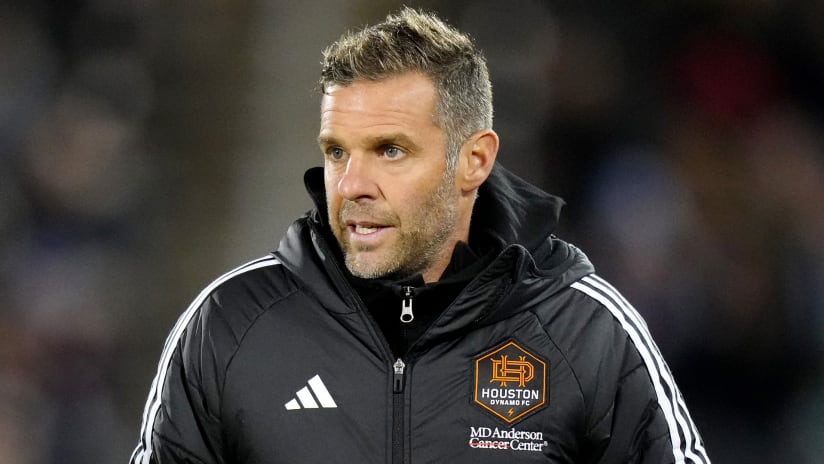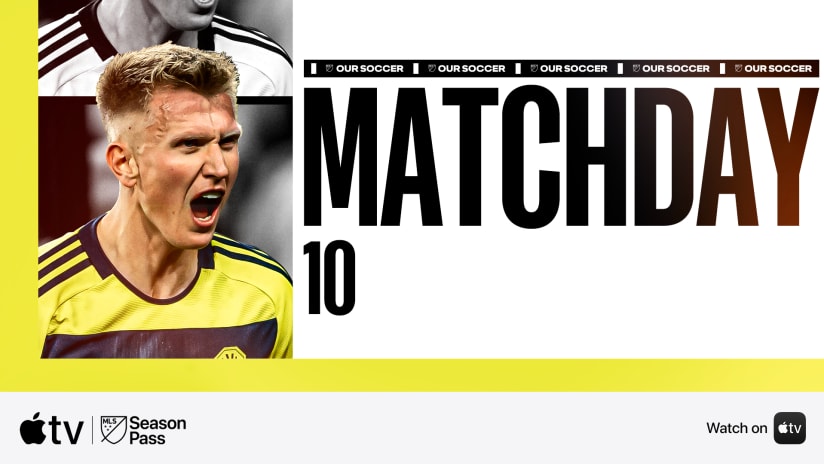SALVADOR, Brazil – After nearly a month spent in seven different cities and far too many steakhouses in Brazil, the most interesting thing I learned about this country came to me from a tour guide on Monday.
Brazilians citizens between the ages of 18 and 70 years old engage in compulsory voting. That means they are obliged to vote every time there’s an election, and they’re actually subject to punitive measures if they don’t do it. The government here can actually make it very difficult for a person who doesn’t vote to obtain a passport, a credit card or even a bank account.
Imagine if the same expectations applied to all those American fans that gathered in front of television screens to watch the US national team on Tuesday. If every fan who watched the team’s World Cup knockout round matchup against Belgium was required to vote on the future of the team and its head coach Jurgen Klinsmann, perhaps the biggest question to answer would be a refrain all-too familiar to American politics of the past.
Are you better off today than you were four years ago?
That was a tough ask on at Arena Fonta Nova. Emotions were raw. Eyeballs fried. Throats sore. Hamstrings shot.
There’s no denying, however, that the end of this World Cup looked an awful lot like it did four years ago in South Africa. Many of the faces were different, but the emotions were the same: exhaustion, reluctant resignation, defeat.
Is this really progress? “We played like minnows”
Click here to download the episode on MP3
The Americans’ 2-1 loss to Belgium was not a revealing look into any dramatic revolution for the US team. It was another retread of an All-American catchphrase that’s played out for years for the United States, regardless of the coach or the continent: Clear eyes, full hearts, can’t quite.
“Gosh,” goalkeeper Tim Howard said. “We were right there, you know?”
Almost. The Americans played Belgium to a scoreless 90 minutes before they fell behind just three minutes into extra time. If that sounds familiar it should, because Belgian midfielder Kevin De Bruyne’s goal came in the same 93rd minute as the game-winner from Ghana’s Asamoah Gyan back in 2010.
The Americans didn’t wilt after De Bruyne’s goal or the one that followed from imposing substitute forward Romelu Lukaku in the 105th, but do they ever? They pulled never-say-die dramatics in South Africa off the feet of Michael Bradley and Landon Donovan, and 21-year-old John Brooks made his name just two weeks ago in Natal, lifting the US past Ghana in a game that seemed destined for a draw.
This time the moment belonged to much-doubted teenager Julian Green, thrown into the game during the final 15 minutes of extra time. He scored two minutes after he came on with a right-footed volley from a ball over the top by Bradley, becoming the youngest player to score a goal at the World Cup since Lionel Messi in 2006.
The Belgians held on for dear life from there, with Clint Dempsey scuffing a golden chance in the 117th minute off a tricky designed set piece and Jermaine Jones rocketing a shot over the crossbar a minute later. By minute 120 it was a done deal, though, the American players sapped and flat on their backs in the middle of the field while the Belgians celebrated, bound for a quarterfinals date against Argentina later this week.
“It’s no longer the case where we’re happy just to be here in the second round,” USSF president Sunil Gulati said. “We want to advance. The players want to advance. They know they’re capable of it.”
It’s tough to say what fallout – if any – will come from here. Last week before the team’s group stage loss to Germany, Gulati whole-heartedly backed Klinsmann for the next four years and Klinsmann said Tuesday night he expects to lead the team in Russia in 2018.
Klinsmann praised his team’s character and their guile in light of the loss on Tuesday, but he didn’t necessarily dance around the biggest issue at this World Cup. The Americans were outplayed by a large margin by Belgium and equally so against Germany last week in Recife, and the gap between this US team and the best teams in the world is not getting smaller.
“Here and there, I think it's a little bit still the mental approach…” he said. “There is still a little too much respect on our end when it comes to the big stage, and it’s something that we have to go through. I don't know how many years it takes.”
The numbers weren’t exactly pretty on Tuesday, and they rarely were for the Americans in this World Cup. They set a pair of dubious records in the duck and cover categories against Belgium – 61 clearances during regulation was the most by any team at a World Cup in 50 years and Howard’s 16 saves was the most since 1966 – and they allowed 39 shots. That’s the kind of stuff that clogs arteries.
But if the critics want to pounce on Klinsmann for how they performed here, they’ll also have to acknowledge that some of his most controversial personnel decisions paid impressive dividends.
World Cup in pictures: #BELvUSA
Putting DaMarcus Beasley at left back was a revelation. Twenty year-old DeAndre Yedlin wasn’t supposed to be here, but he’ll star in Russia. The German-Americans were up to the task – Fabian Johnson in 2018 is especially tantalizing – and even though he curiously left Kyle Beckerman out of the lineup on Tuesday night, Klinsmann’s inclusion of the Major League Soccer veteran proved the right call throughout the past month.
And who’s to say if Donovan would have finished the golden chance gifted to Chris Wondolowski in stoppage time, a shot popped over the crossbar that led to him to apologize to more than 150,000 followers on Twitter? We’ll never know.
All there is now is reflection and reaction. Klinsmann and the American players will be back in Sao Paulo on Wednesday morning and plenty of those who have chased them on this Brazilian adventure will be back in the States by the week’s end. Tournaments end. Same as it ever was, same as it ever was.
Before he left the stage on Tuesday, however, Klinsmann faced that question first made famous by Ronald Reagan nearly 25 years ago, hoping to strike a chord with voters at the polls.
Are we better off now than we were four years ago?
Said Klinsmann: “I’ll leave that up to you.”













